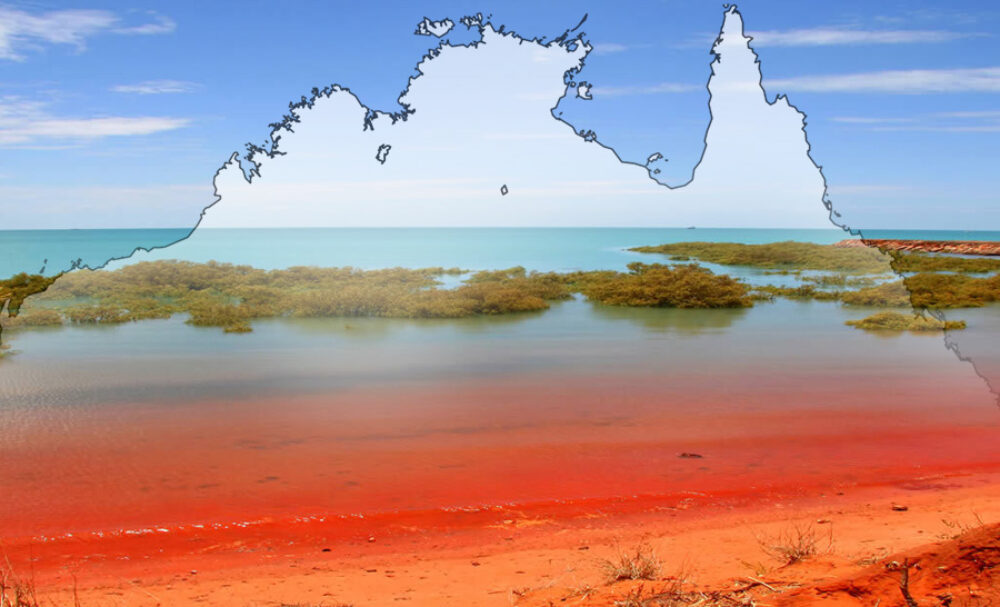The former Foreign Minister, Julie Bishop recently launched Australia’s first-ever review of soft power. It’s a bold move, flagging a new reality that Australia must engage more strategically through official and public diplomacy if it is to remain a ‘persuasive voice’ in its own region. And, coming at a time when the competition to influence narratives, set political agendas, and frame the rules of a changing regional order is intense, the stakes couldn’t be higher.
In launching the review, Bishop made the point that Australia ‘starts from a position of strength’. Indeed, Australia features pretty regularly as a top-10 nation in global surveys of soft power. That’s a good thing. Read a little closer, though, and it becomes clear that Australia does well because of things like economic stability, natural beauty, easy-going citizens and an overwhelmingly pleasant climate. But as Jonathan McClory, author of The Soft Power 30 index suggests, not even the lucky country should rest on its laurels when it comes to soft power.
Please click here to read the full ‘Finding Australia’s soft power‘ article published at The Strategist, written by Griffith Asia Institute Director, Professor Caitlin Byrne.








